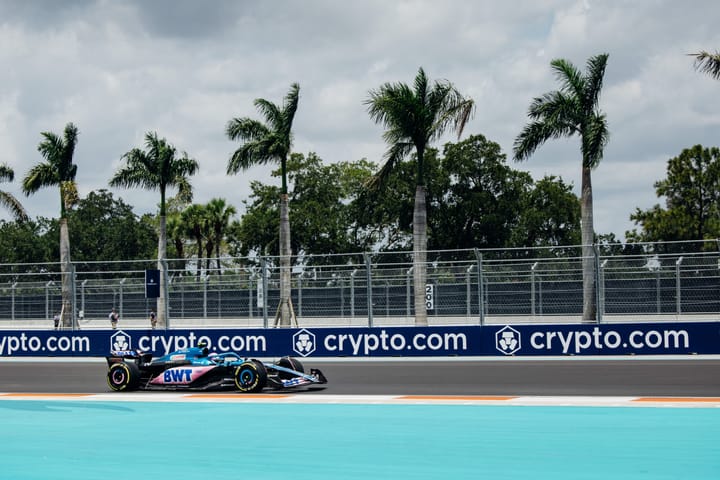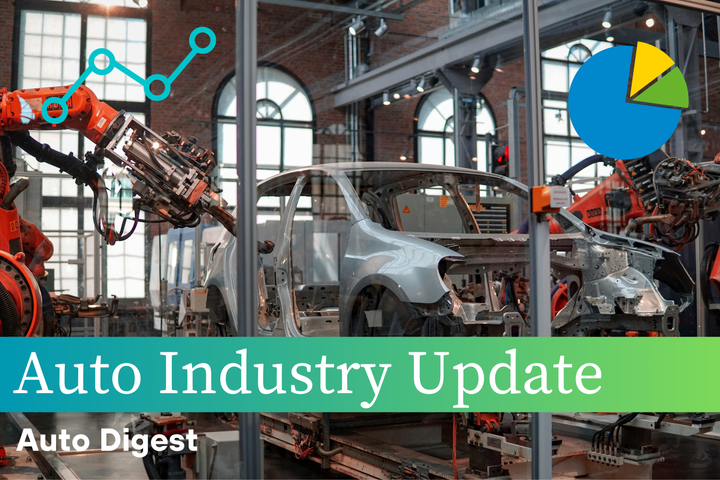BEV and Lithium Supply: Putting the Cart in Front of the Horse
The current landscape of the automotive industry is quite obviously... questionable. Not the direction, that makes sense, but the pace and scale of which the change is expected to occur.
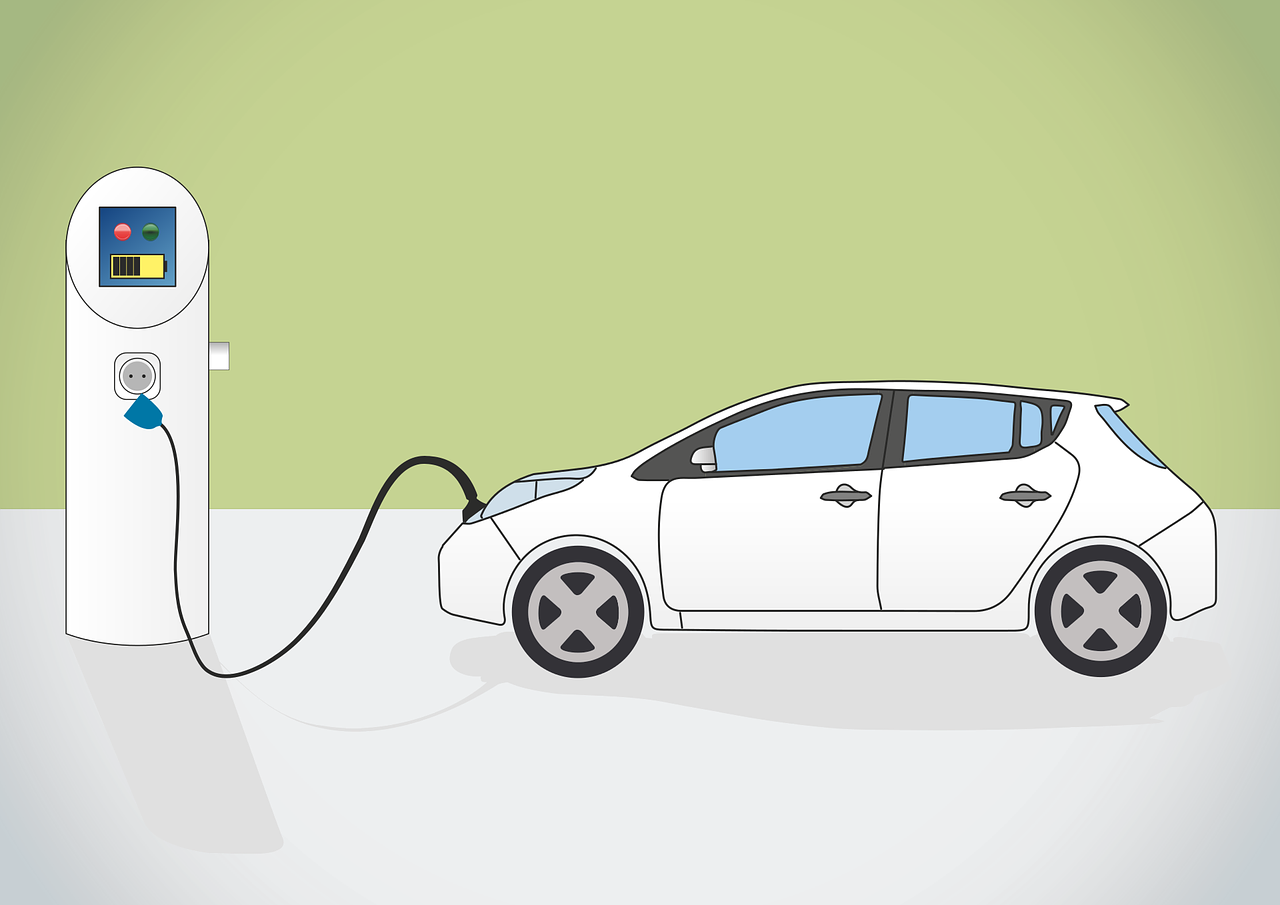
The current landscape of the automotive industry is quite obviously... questionable. Not the direction, that makes sense, but the pace and scale of which the change is expected to occur. The OEM's seem directionless.
Some Light Chemistry
Really quick, the reason lithium is used in batteries is because it chemically wants to lose an electron. Very badly actually. This process can be reversed, thanks to science. This makes lithium great for energy storage and release. That, combined with it's light weight, makes it perfect for consumer products. There is a lot of it on Earth too.
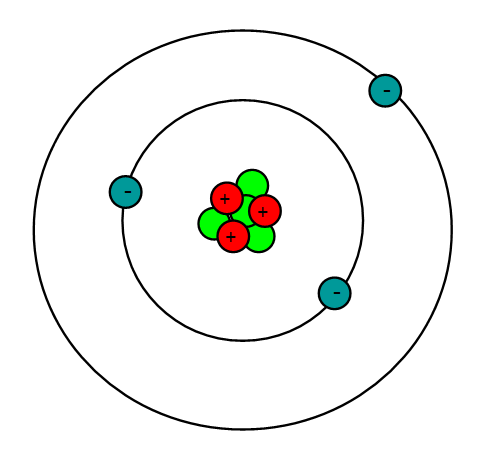
Moving on From Chemistry
A main concern among experts is that with our transition to electric vehicles, comes an even heavier reliance upon Chinese production. The chip problem that has been discussed ad nauseam isn't even what I want to focus on (while that too is a very similar issue, with only a tiny fraction of chip production in the USA). It is the battery production and lithium acquisition that should be the primary concern.
To start off, I did some research, and wanted to provide some stats. This information was largely sourced from YouTube channels such as CNBC and Wendover Productions. Both have great videos of the EV lithium supply issue.
-Roughly 75% of Lithium-Ion battery production plants are in China
-U.S. only has one currently operating lithium mine, which is in Silver Peak, Nevada
-One company, Tianqui Lithium, is responsible for nearly 50% of world's production of the refined material
-Lithium is almost 10 more times as expensive now than it was in the beginning of 2021
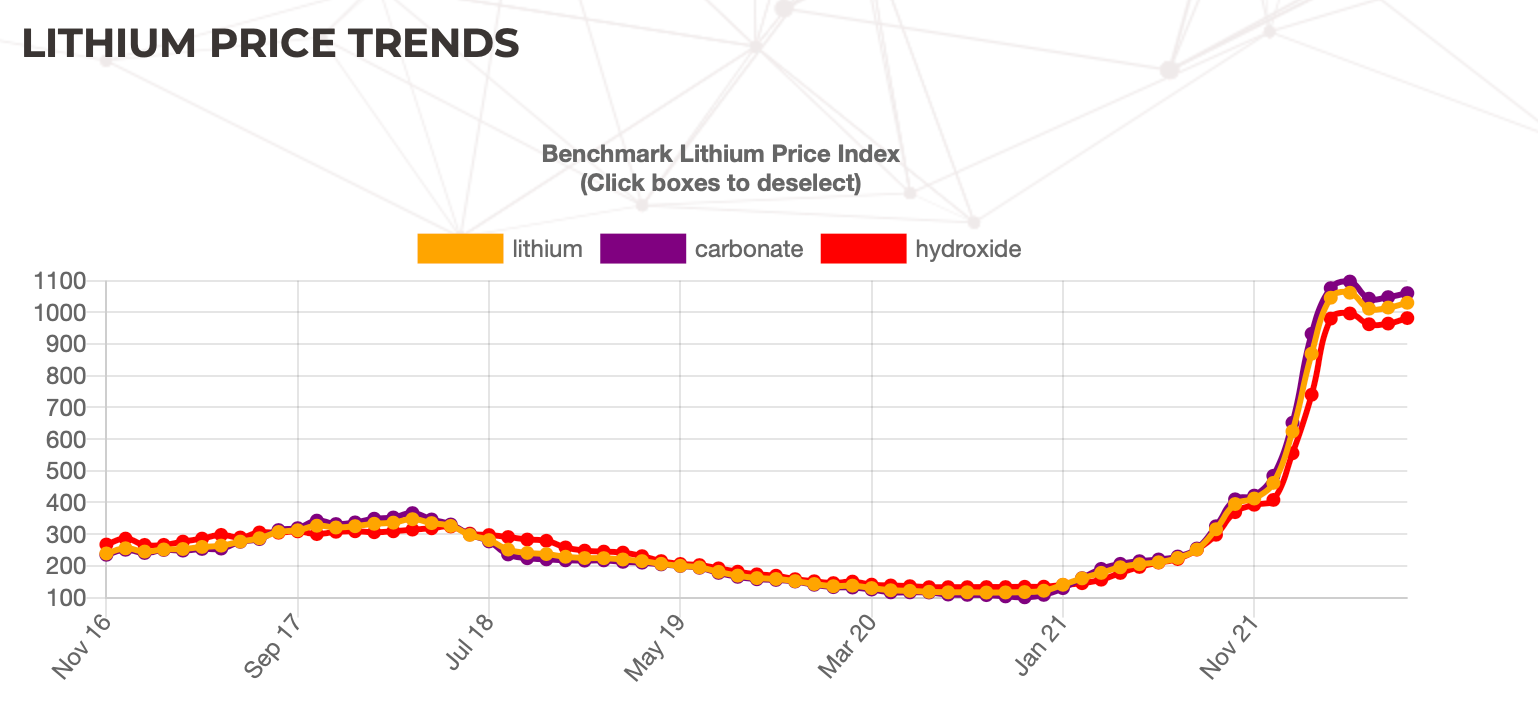
Ethical Supply, a Hidden Issue
Batteries for EV's use three main minerals, Lithium, Nickel, and Cobalt. You see the graph for lithium. Cobalt prices are double what they used to be, and Nickel has done better but still the highest level that it has been at in 10 years. The thing is, demand is still just getting started. Production will scale, of course, but the decision must be made as to where will this scale happen? Can we ensure that the sourcing of these materials is ethical and not just pushing our climate goals onto some other third world country to deal with? Maybe. The Democratic Republic of the Congo is responsible for about 70% of the world's supply of Cobalt, and apparently a decent enough amount of it is mined in horrible conditions with mines collapsing on young laborers. That's not a great start to a supply chain is it.
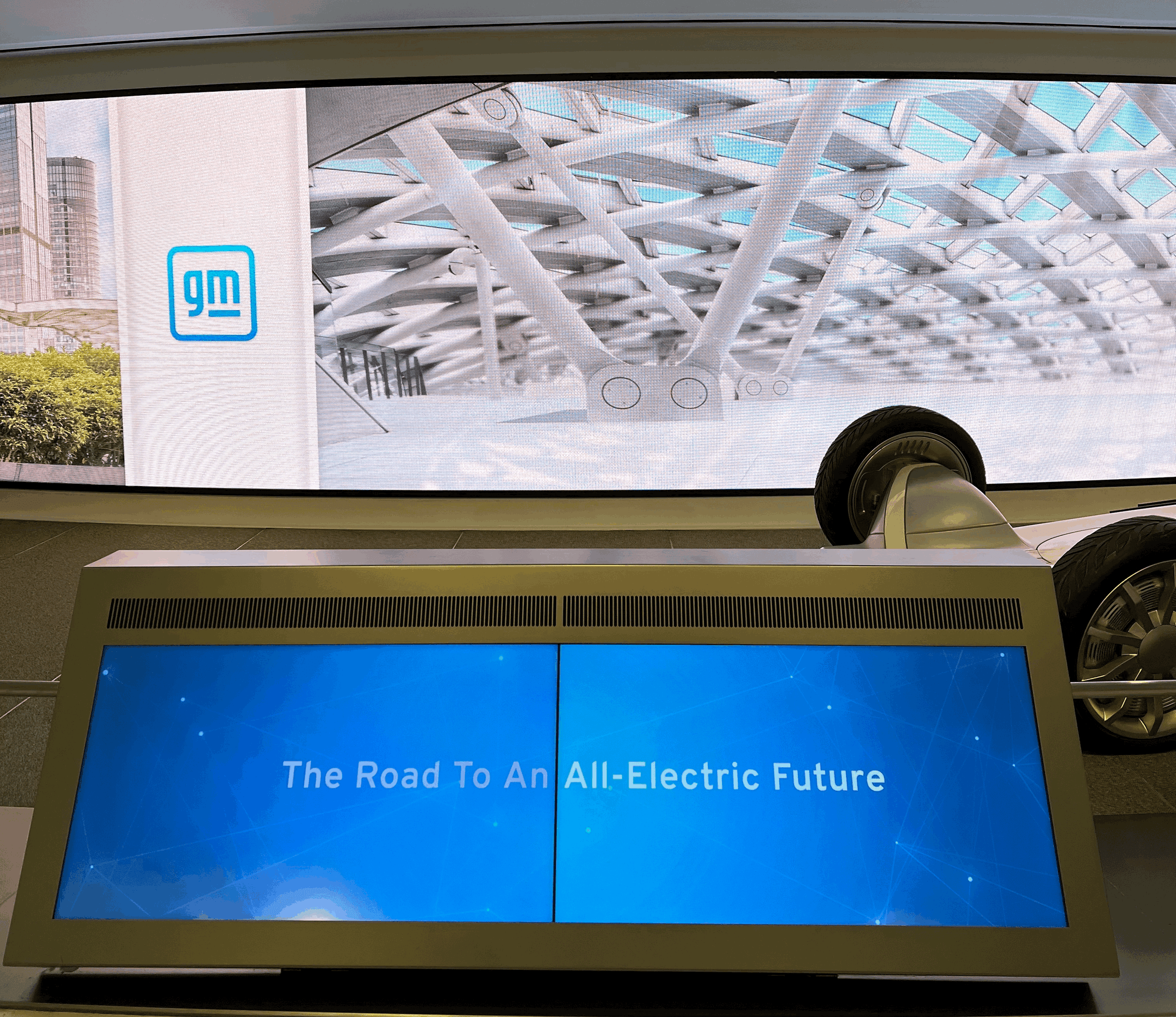
(Plenty of the Cobalt is mined ethically, just using the D.R.C. as an example of possible downsides of crazy first world material demand in a third world country and labor force.)
“The U.S. is now encouraging the domestic green economy. It has set ambitious targets for EV penetration and is encouraging mining of critical metals. It’s just off to a slow start. They are striving forward with mining projects and processing projects, both domestically and abroad, and looking at new technology and recycling. But more is needed.” - William Adams, Head of Battery and Base Metals Research at Fastmarkets
The Thacker Pass Example
Thacker pass, a spot in Nevada that has been identified by Lithium Americas as a promising area containing tons of lithium, seems to be a good idea. Mine it! We need to save the environment right? Well, it hasn't happened yet for a reason. A study was released by the state government showing the downsides of the mine on the natural Pronghorn and Golden Eagle populations. Hmm. Also, the site is claimed by indigenous tribes to be a sort of sacred burial ground for their ancestors. Even the locals that are not indigenous hate the idea because the area recieves very little rainfall, and farming is big for them. Turns out, lithium production uses a ton of water. Like 230 gallons a minute estimated for the Thacker Pass site (same as usual above-ground swimming pool). That's a bit much for an area that recieves only 10 inches of rainfall a year, as is the case here at Thacker Pass. If you want to know where it is on a map, look up Oravada Nevada, then follow the road west. The site is at the end of that road. Thacker Pass is not listed on Apple Maps.
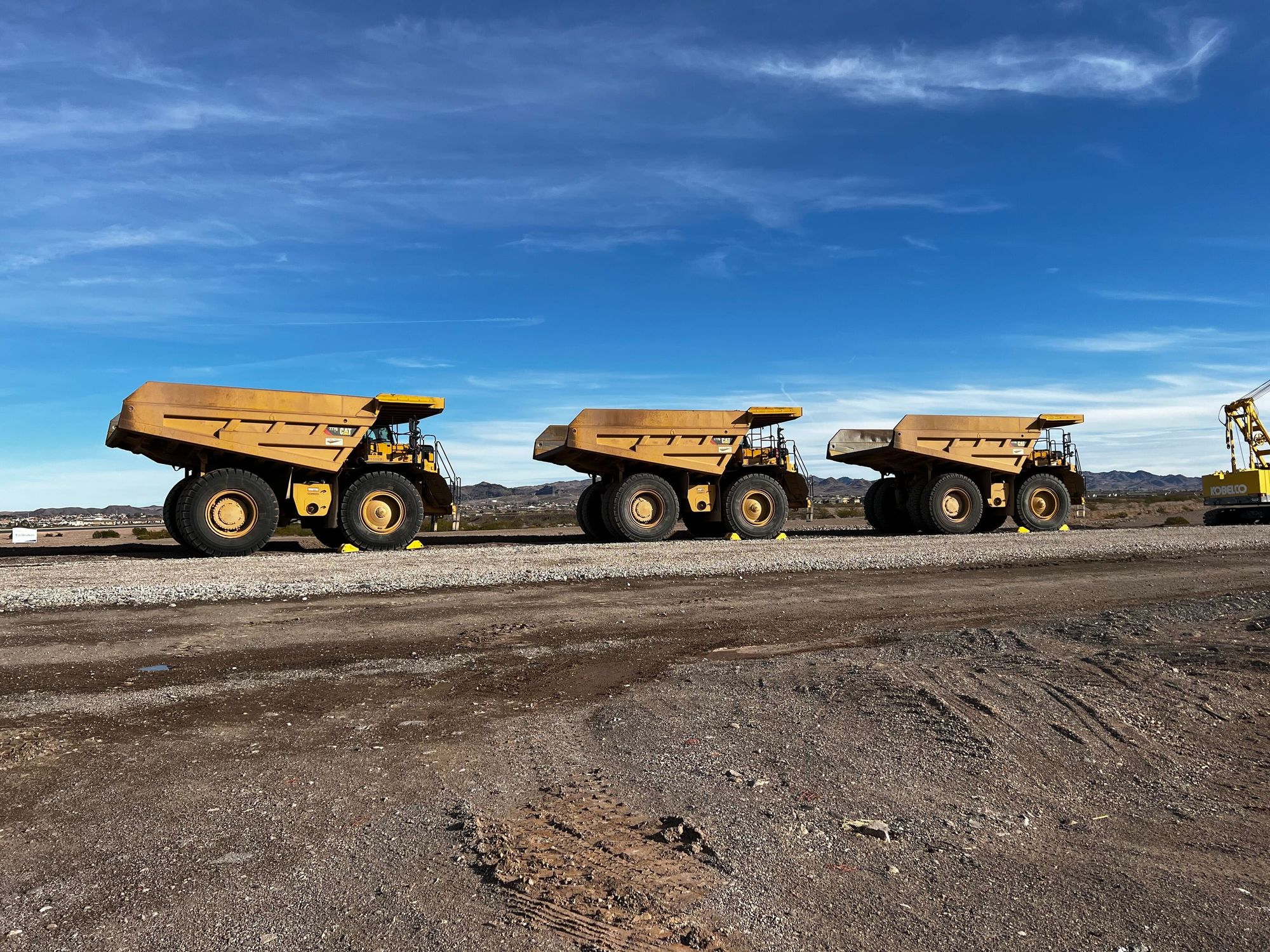
American Determination
Even with the downsides to the people who live around the area, Lithium Americas expects to have the Thacker Pass site producing lithium by 2024. In other news, Redwood Materials and Li Cycle are getting into the business of battery recycling, and Piedmont is set to re-open a lithium mine near Charlotte, NC which had shut down in the 1990s. Tha main challenge there, again, is permits and the fact that locals hate the idea. Who can blame them? In fact, America holds about 8 million metric tons of lithium (according to guys who professionaly estimate this stuff) which puts us in the top 5 countries around the world for lithium deposits.
Even lithium that is mined in the U.S. has to be sent to China to be refined. In fact, more than half of the world's lithium is refined in China. They have a ton of control on that second step of the process. No matter where you mine it, you send it to China to get refined into a form that is able to be put into battery cells.
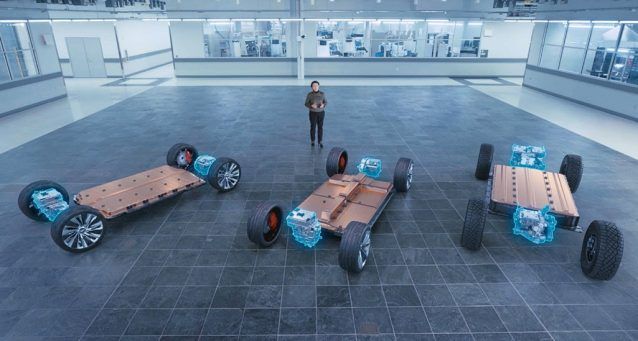
In conclusion, my goal is to showcase that the road to EV's is one full of production problems, from chips to lithium to body panels and regular parts in general. It is also rife with ethical concerns, such as with Thacker Pass in Nevada. I think negative externalities are a necessary evil, but maybe OEM's shouldn't commit to all EV's by 20(xx) date until some of these issues begin to resolve. Luckily, consumer demand does not seem to be an isssue. Efficiency can be cool.
Thanks for reading - JWK
